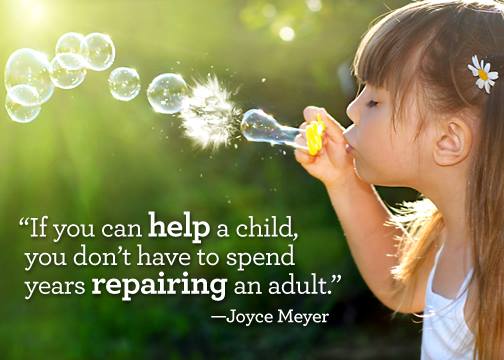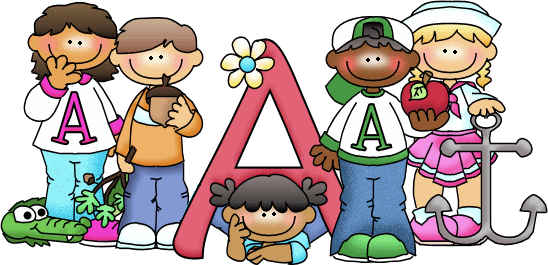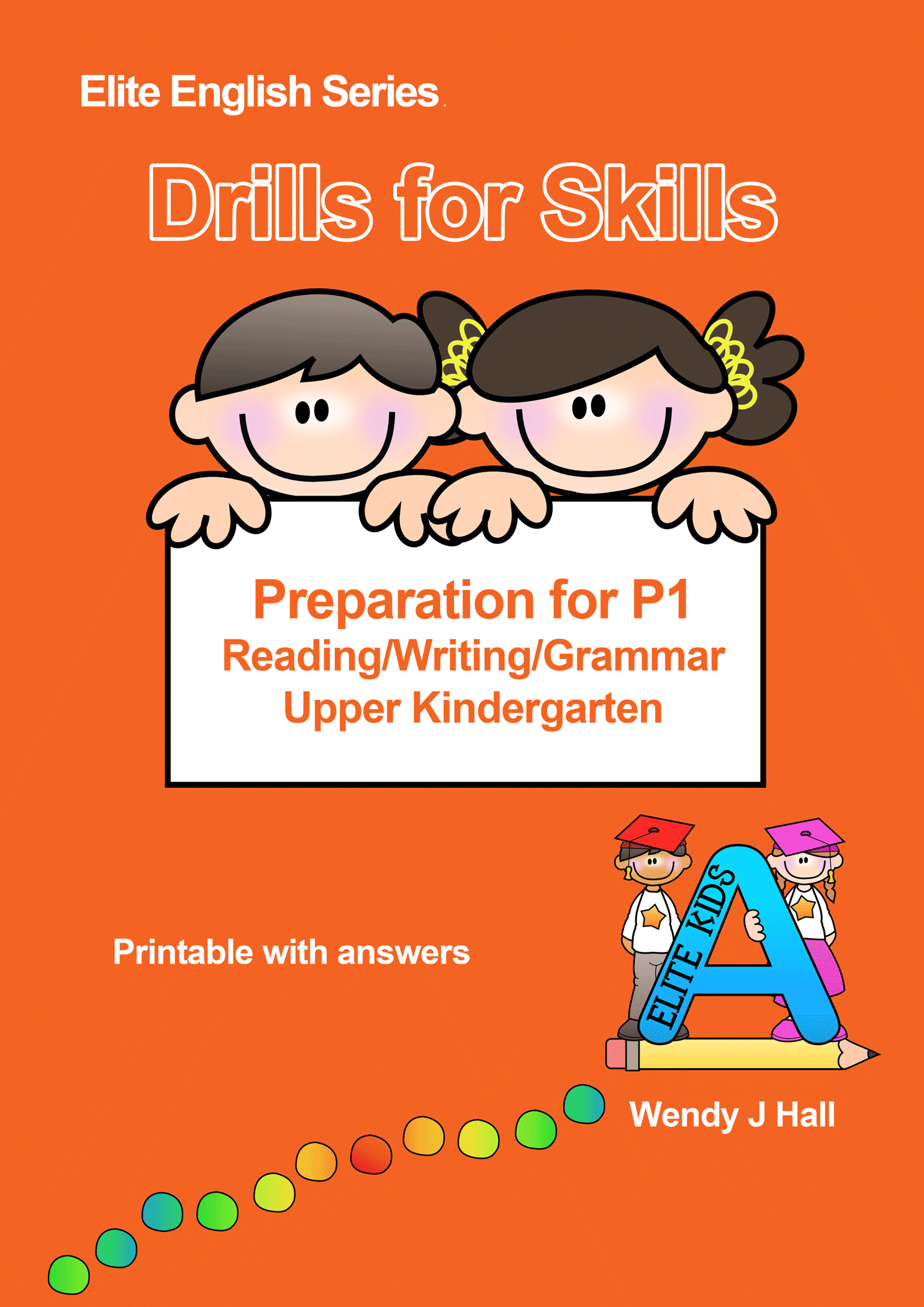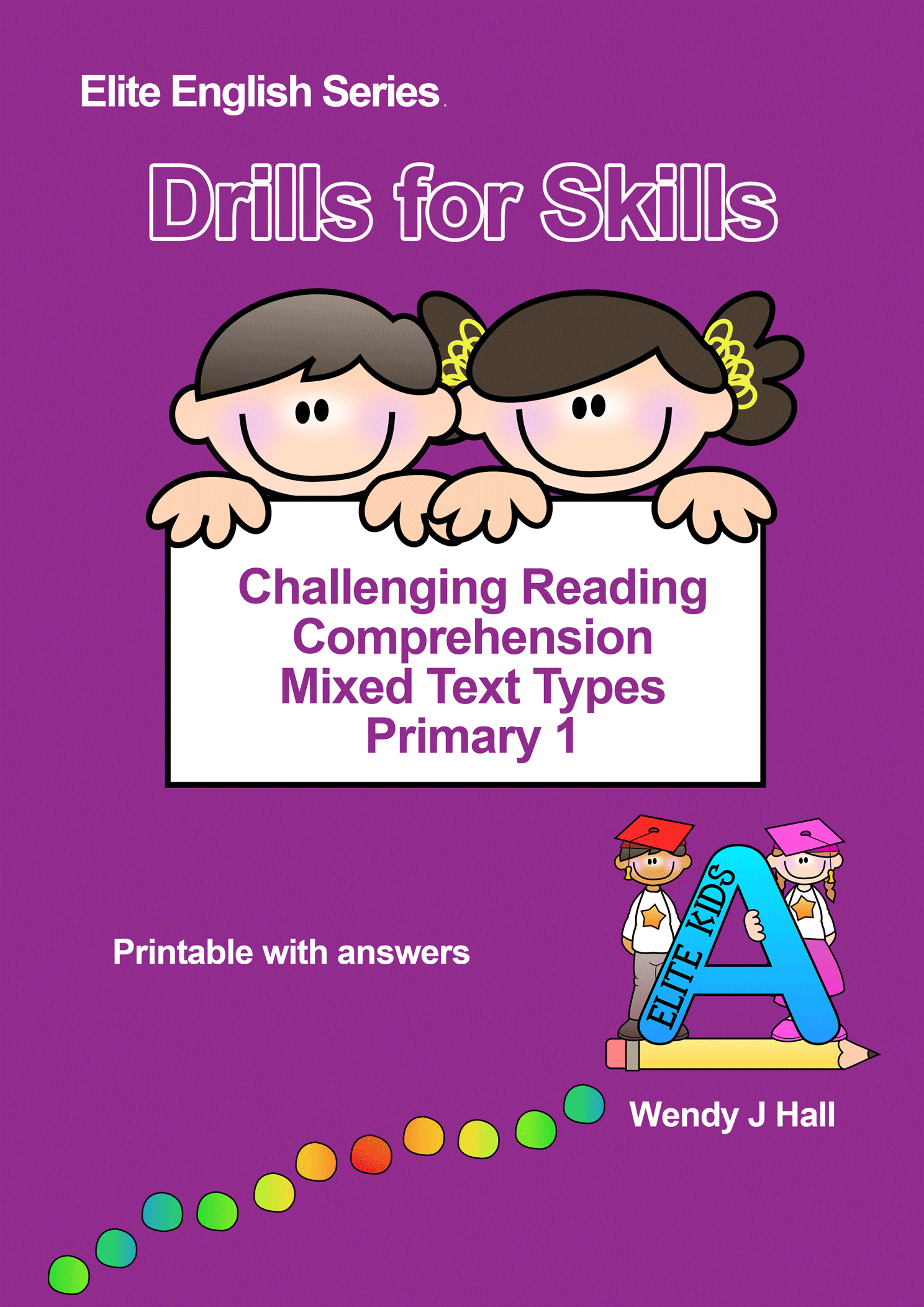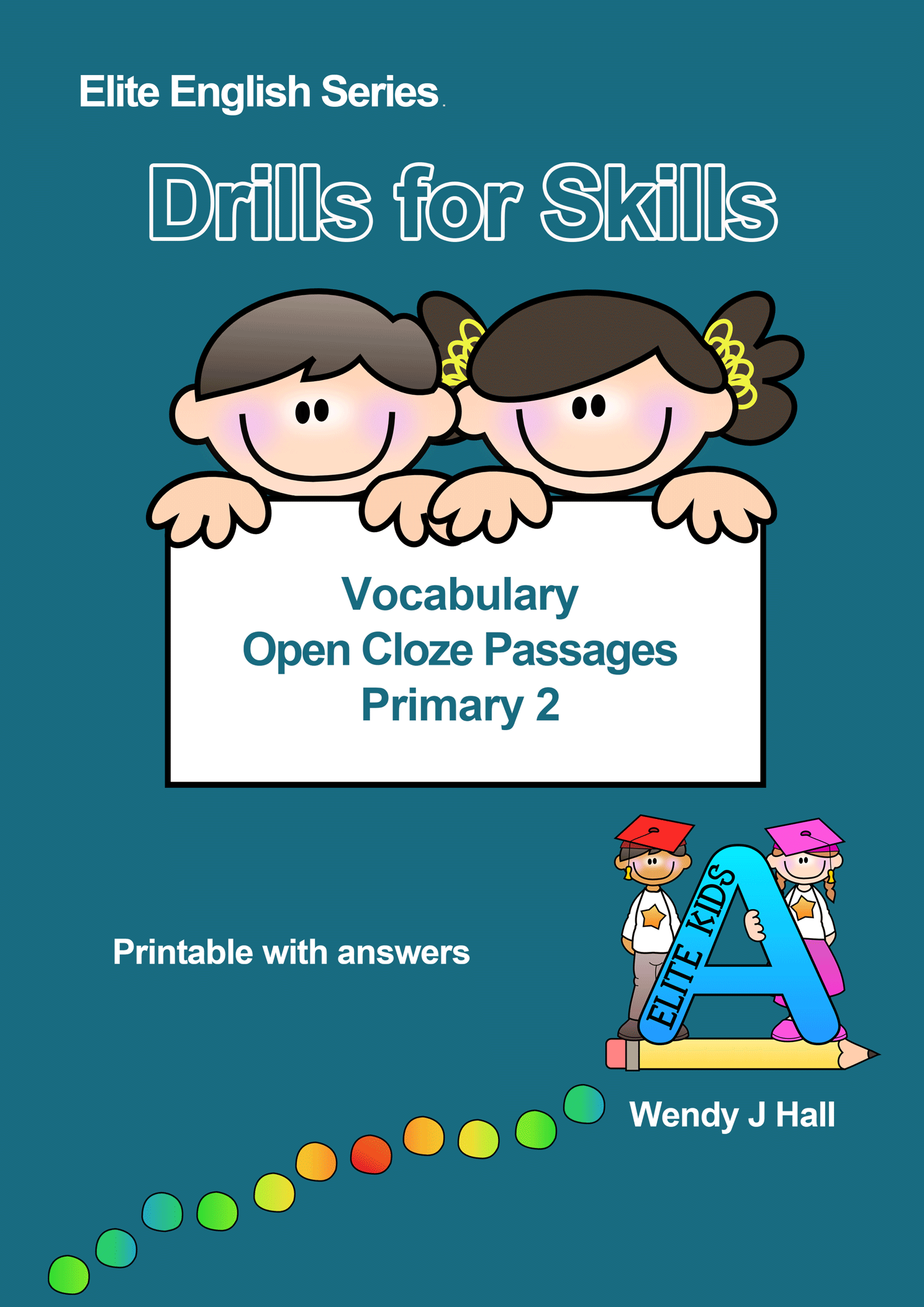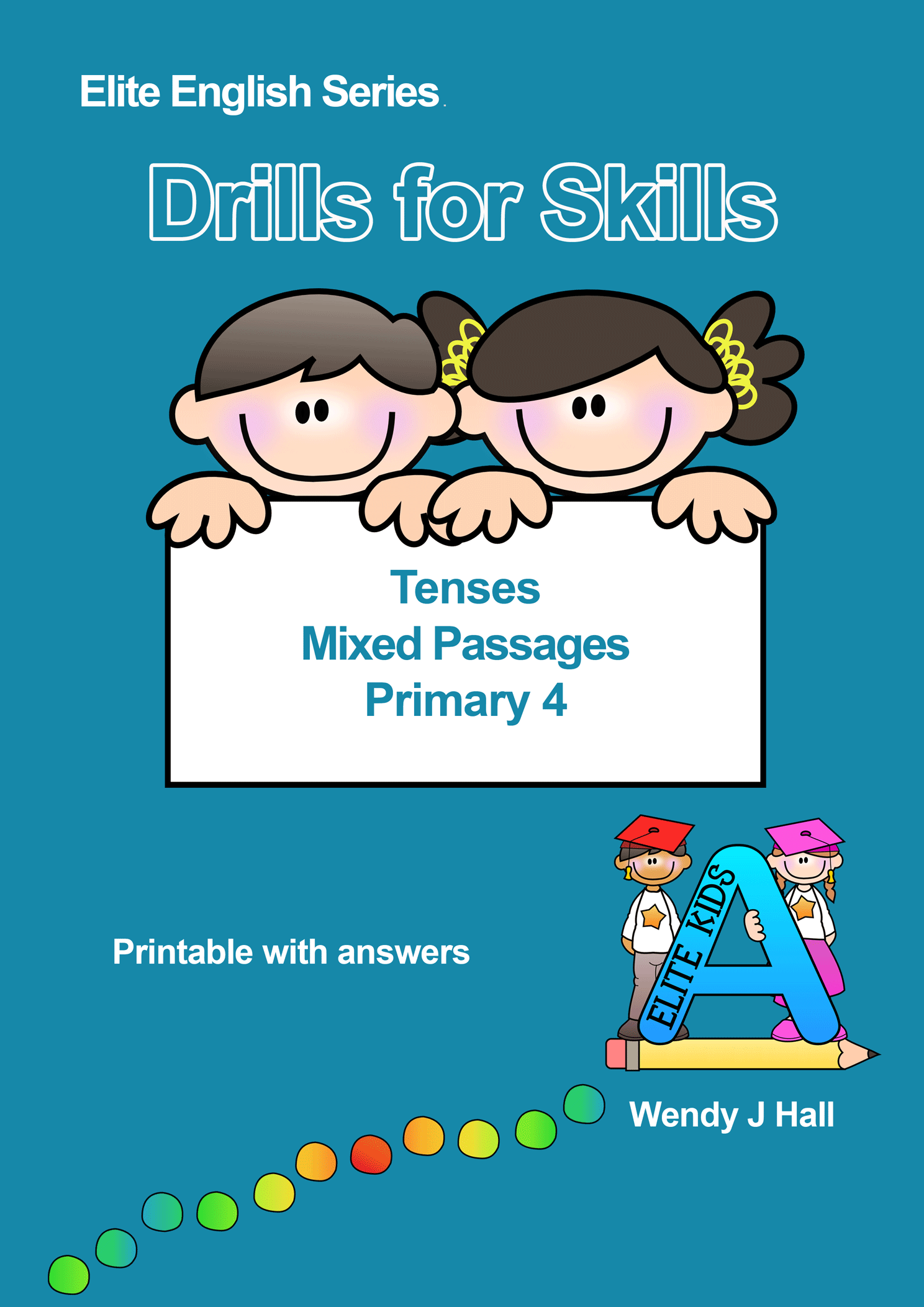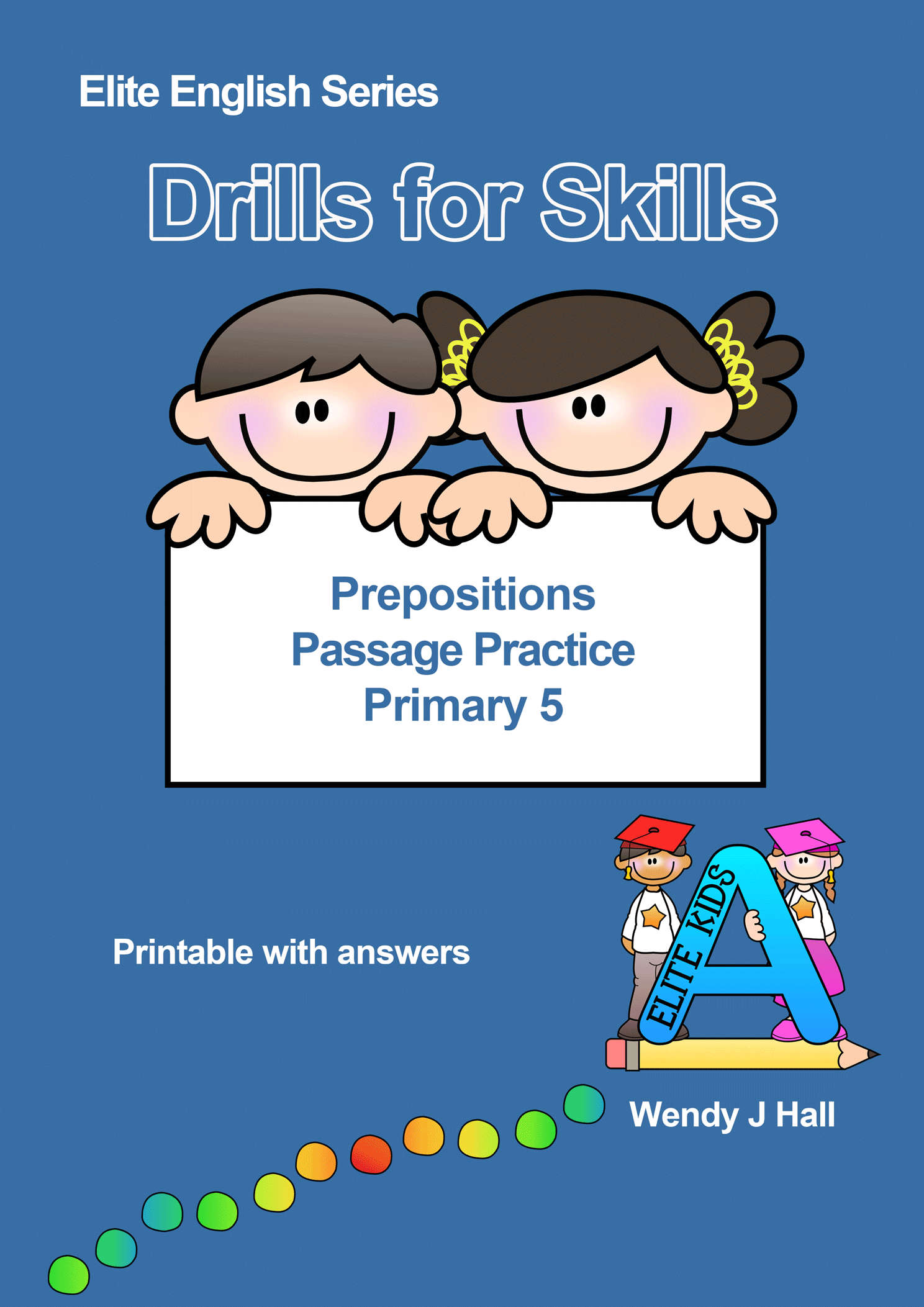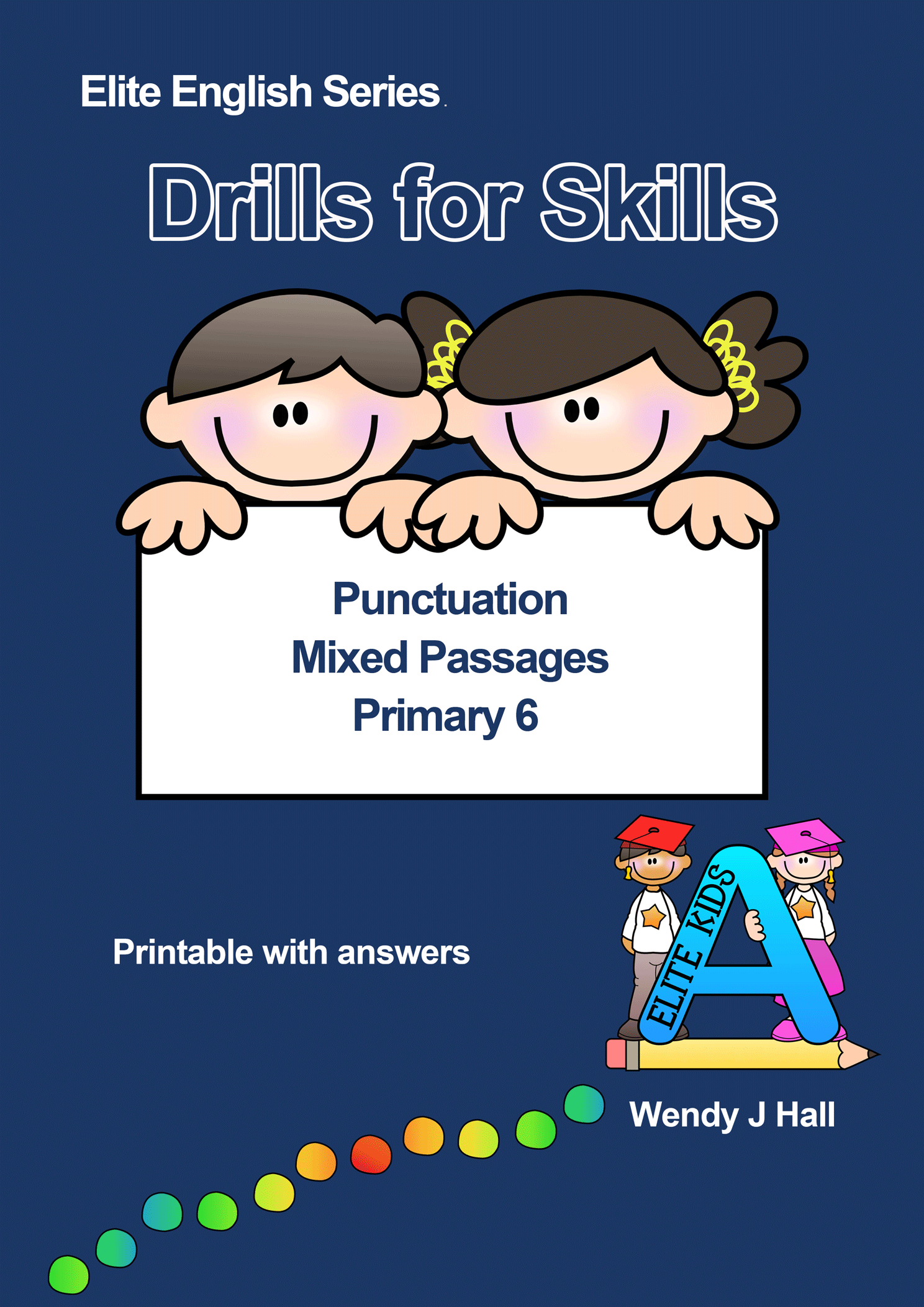Inspirational Speech Example with Tips
Our Most Precious Resource
Gripping opening with strong, emotive language grabs the audience's attention.
The World needs a wake up call - our endangered planet is teetering on the edge of destruction.
Addresses the audience using the collective pronoun 'we' to make the message as relevant as possible.
In the words of Earl Nightingale, "Our environment...is a mirror of our attitudes and expectations." If we expect our planet to be around for the future, then we need to change our attitudes now.
States the main message of the speech clearly and strongly.
We cannot wait until it is too late before we decide to act. We need a fundamental change ... and soon.
Use of questioning increases audience engagement.
How do I hope to do my small bit for the environment?
Clearly states the purpose of the speech.
Right here, right now, I want to provide that wake up call to everyone listening here today. As young people, you're the ones with the power to enact change. [Call to action]
States the main argument and outlines supporting evidence.
The problem is worse than we realise. Global warming, deforestation, mining and carbon emissions are all contributing to mankind's destruction of our natural resources. Let's take a look at some of the statistics.
Use of numbers and statistics as backing evidence makes the argument appear more valid.
They represent an alarming reality [Emotive language]: 27,000 plant and animal species have become extinct; 85% of the larger fish species are no longer found; the plastic in the oceans is multiplying; and more forests, grasslands and prairies are being destroyed by humanity's population explosion [Emotive language].
Gives personal opinion in line with speech's main message.
But what does this mean for us as a society? [Question makes the following arguments easier to follow] As Margaret Mead suggests, "We can't have a society if we destroy the environment." [Use of quotes gives variety to the prose] I believe that a truly mature society is one that knows what truly matters.
What matters is this: Happiness can't dwell inside concrete and glass alone. Children and adults need nature in order to lead meaningful lives. The more we get back in touch with nature, the richer our society will become.
Offers solutions to the problems previously outlined. This makes the structure of the speech logical and clear.
So what can be done? We need to research, develop and use renewable energy sources. We need to recycle and reuse everyday products. We need to waste less and conserve more. On a global level, it's a tougher challenge.
Repetition of 'we need to' emphasises collective responsibility and adds attractive rhythm to the prose.
Governments all over the world need to think long-term. They need to care for not only their present interests, but also those of future generations.
Repetition of 'we' emphasises collective responsibility.
Yes, the planet is becoming sick. But I'd like to leave you with a message of health [Contrasts 'sick' and 'health']. Like a child who has come down with a flu, with the right medicine [Use of metaphor], the earth really can get better.
Strong ending to speech with memorable quote that again repeats main message.
In the words of David Orr, "When we heal the planet, we heal ourselves."
"I am soooooo touched by the thoughtfulness and recognition that you bestowed upon Anthony. I have to say your love and dedication for students is unfathomable, and I can see God's grace in how you steer your students through their challenges, pursuits and most importantly, difficult times. "
-Edna (Parent of 3 students)
"Education is not about filling a bucket, but lighting a fire! "
- William Yeats
